Celery is a plant that grows in marshes and is in the Apiaceae family. It has been grown as a vegetable for a very long time. Celery is a plant with a long stalk that tapers into leaves. Its scientific name is Apium graveolens. This crunchy, crispy celery has less than 10 calories per stalk, making it a popular low-calorie diet food that has many health benefits. Celery seed is also used a lot as a spice, and its extract has been used in traditional medicine.
Small, dark brown seeds can be found in the flowers of celery plants. They taste and smell like celery stalks. The dried celery seeds have a lot of flavour and can be used in many different dishes. They also add a nice smell to the food. The seeds of the celery plant are the main way that the plant reproduces.
Celery seed has been a very important part of Ayurvedic medicine for thousands of years. It is used as a laxative, to treat colds, and as an anti-inflammatory. The seeds can also be used to make celery oil, which has healing properties and can be used to treat a number of illnesses. In Hindi and Sanskrit, celery seeds are called Ajmod and Ajmoda.
Table of Contents
Nutritional value of celery seeds:
One tablespoon of celery seeds has about 25 calories, 2 grams of carbohydrate, 1 gramme of protein, 1 gramme of fibre, and 2 grams of fat. Even though it has a lot of calcium, zinc, manganese, phosphorus, iron, and magnesium.
The celery seed extract has powerful volatile oil, ascorbate, choline, coumarins, flavonoids, furocoumarins, and phenolic antioxidant compounds.
Ayurvedic use of celery seeds:
Celery seeds, also known as ajmoda, are a great herb for digestion. It works amazingly well to treat stomach problems like indigestion, bloating, flatulence, abdominal cramps, and helps keep bowel movements regular. Celery seeds are used to treat Kapha because they have some healing properties. People often mix it up with Ajwain, but celery seeds/ajmoda has stronger deepanpachan qualities than Ajwain (clearing toxins and kindling digestive fire). Celery seeds can help balance Vata and Kapha doshas. Celery seeds also work well as a carminative, a nervine, to improve lung health, and to treat a number of respiratory problems.
How to add celery seeds in our diet?
Celery seeds can be used whole, crushed, or ground to make a spice that gives food an interesting flavour and smell. You can put them in soups, vegetable curries, salad dressing, pickles, meat gravies, and coleslaw to give them flavour.
Health benefits of celery seeds:
- Builds Stronger Bones
Celery seeds are full of nutrients that are good for bones, like calcium, magnesium, manganese, and phosphorus. These nutrients help to strengthen bones and lower the risk of osteoporosis and broken bones in older people. Celery seeds have a lot of manganese, which helps to turn on enzymes that make proteins needed for bone tissue and cartilage. This makes bones stronger and more stable. Celery seeds also have a lot of magnesium and phosphorus, which helps cells called osteoblasts build bone and lowers the risk of diseases related to bones.
- Reduces pain and swelling
Celery seeds contain a plant compound called apigenin, which has powerful antibacterial, antiviral, anti-inflammatory, and antioxidant properties. In traditional medicine, apigenin was used a lot as a natural remedy that has been tested over time. Celery seeds may help treat inflammatory conditions like arthritis, ulcers, and other health problems if they are eaten regularly. Celery also has a flavonoid called luteolin, which has anticancer properties and stops cancer cells from growing and makes them die.
- Increases iron stores
Iron is an important mineral that is needed to make red blood cells. Red blood cells are important because they carry oxygen and nutrients to all the important organs in the body. There is a lot of iron in celery seeds, enough for women to get 17% and men to get 38% of their daily iron needs. Adding celery seeds to a healthy diet is a good way to get more iron and avoid anaemia.
- Keep blood pressure in check
Celery seed extracts are a good way to treat hypertension, which is another name for high blood pressure. Apiol, isoquercitrin, and terpinen-4-ol are high in alpha-linoleic acid. Apiol, isoquercitrin, and terpinen-4-ol have strong blood pressure-lowering and water-making properties that help control high blood pressure. Celery seeds also help lower blood pressure in a big way because they have a lot of calcium in them. Several studies have also shown that celery seed extract is the second most effective natural supplement for lowering systolic and diastolic blood pressure in hypertensive patients.
- Helps with muscle spasms
The active compounds in celery seed extract, umbelliferone and Alpha-linoleic acid, have strong anti-inflammatory, spasm-relaxing, and pain-killing effects. Together with calcium, this compound in celery seed extracts greatly reduces muscle spasms by relaxing the muscles. This is also helpful in treating people with fibromyalgia. Also, extract from celery seeds works well to reduce inflammation and joint pain and stiffness.

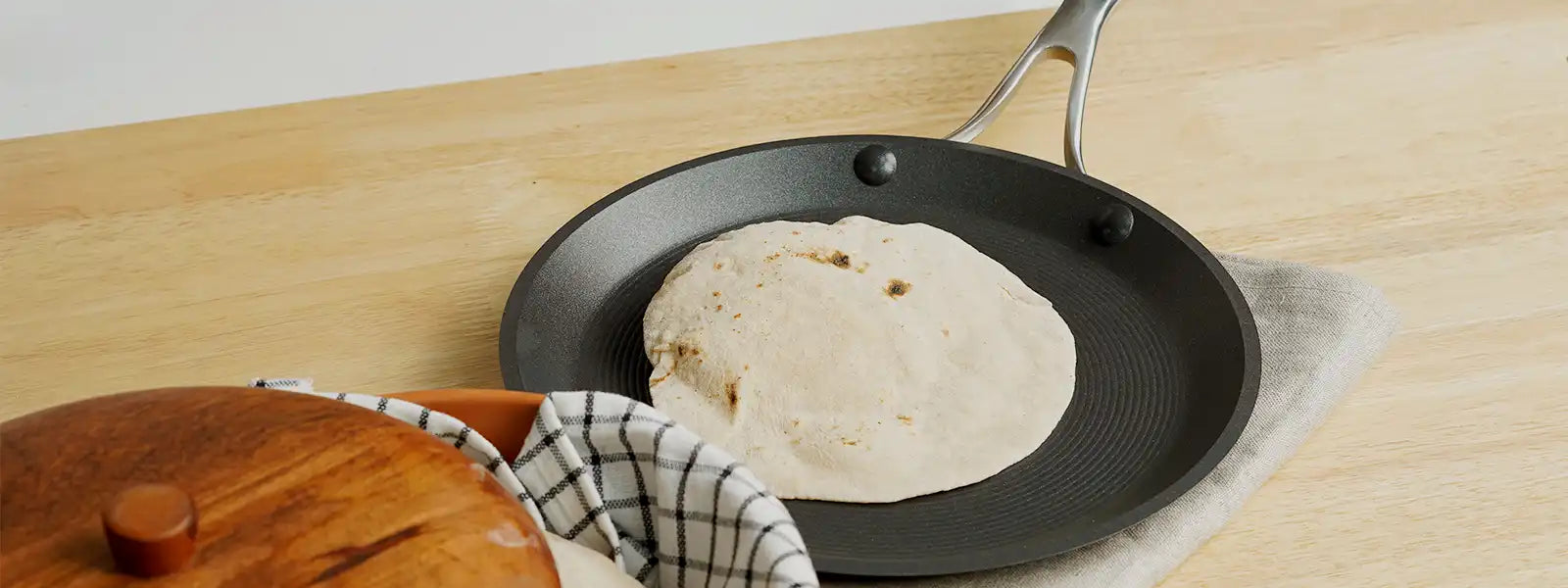


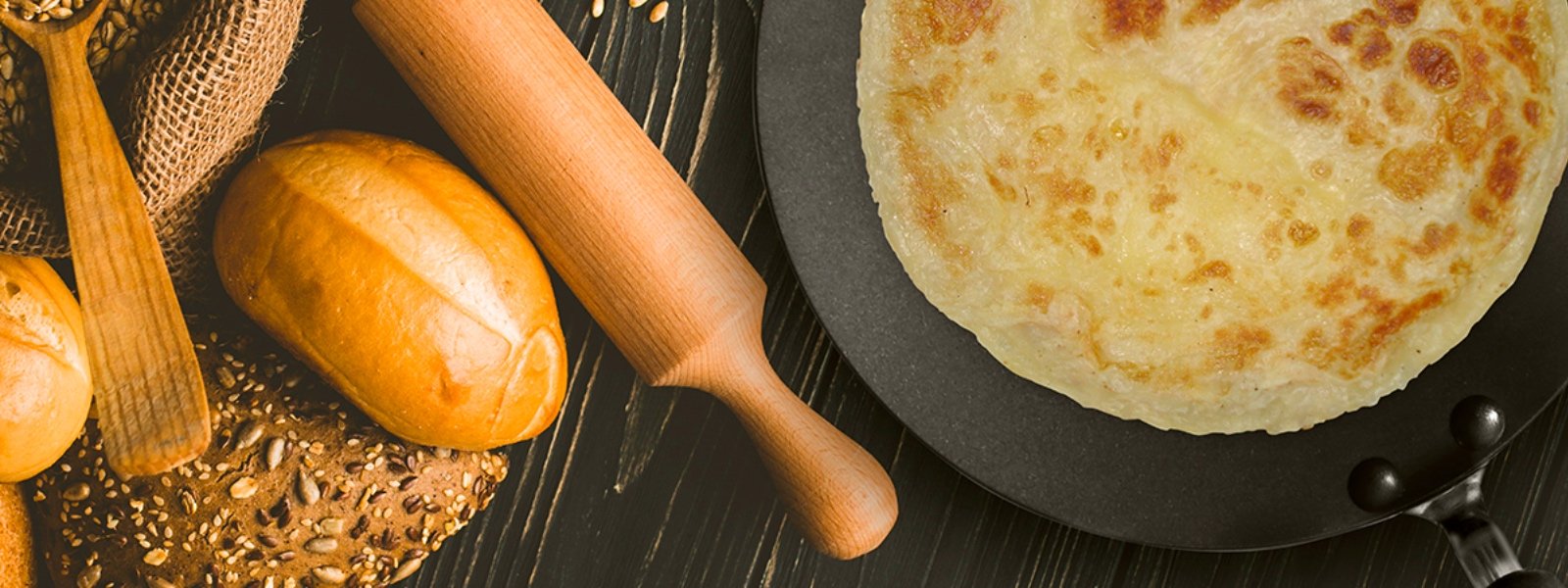
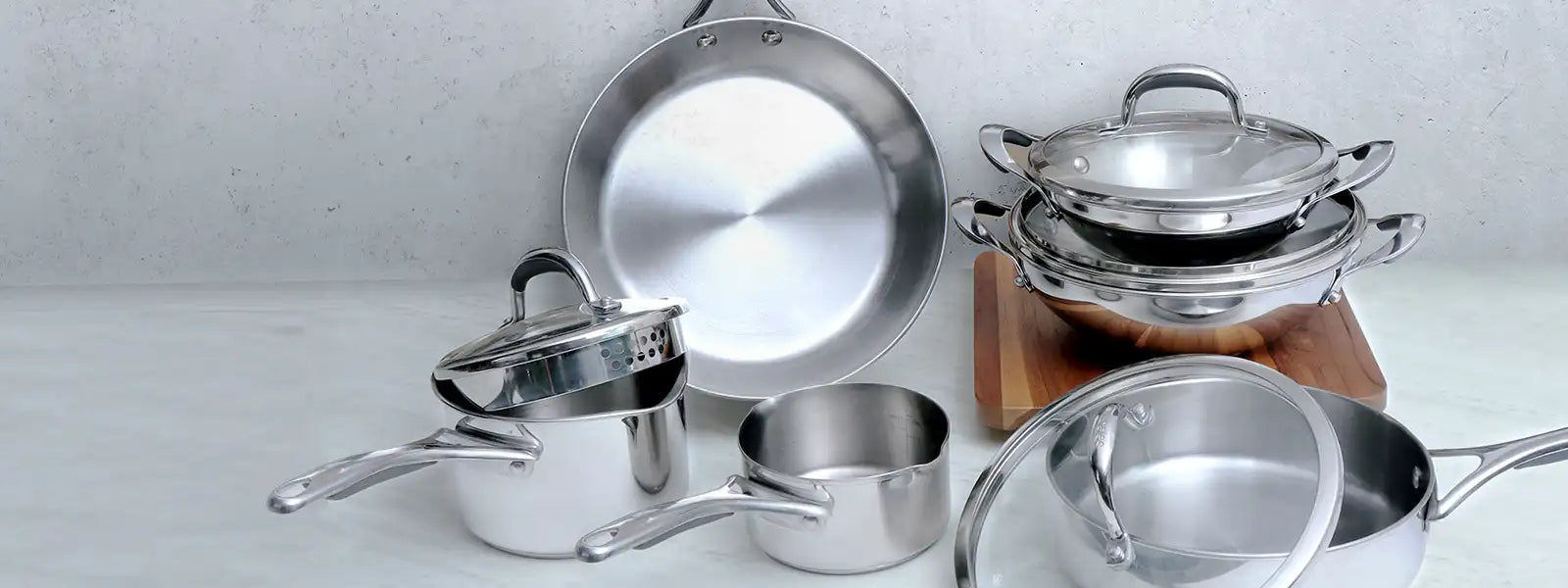
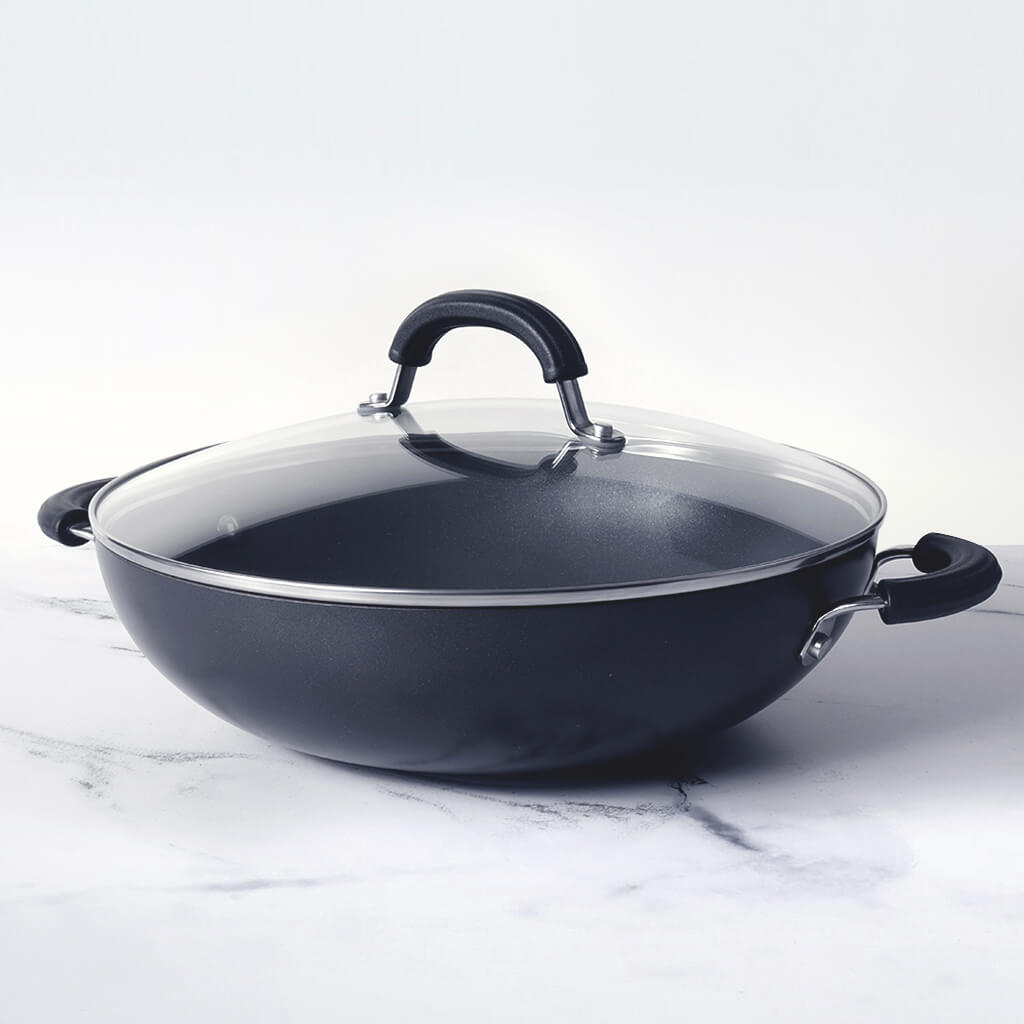
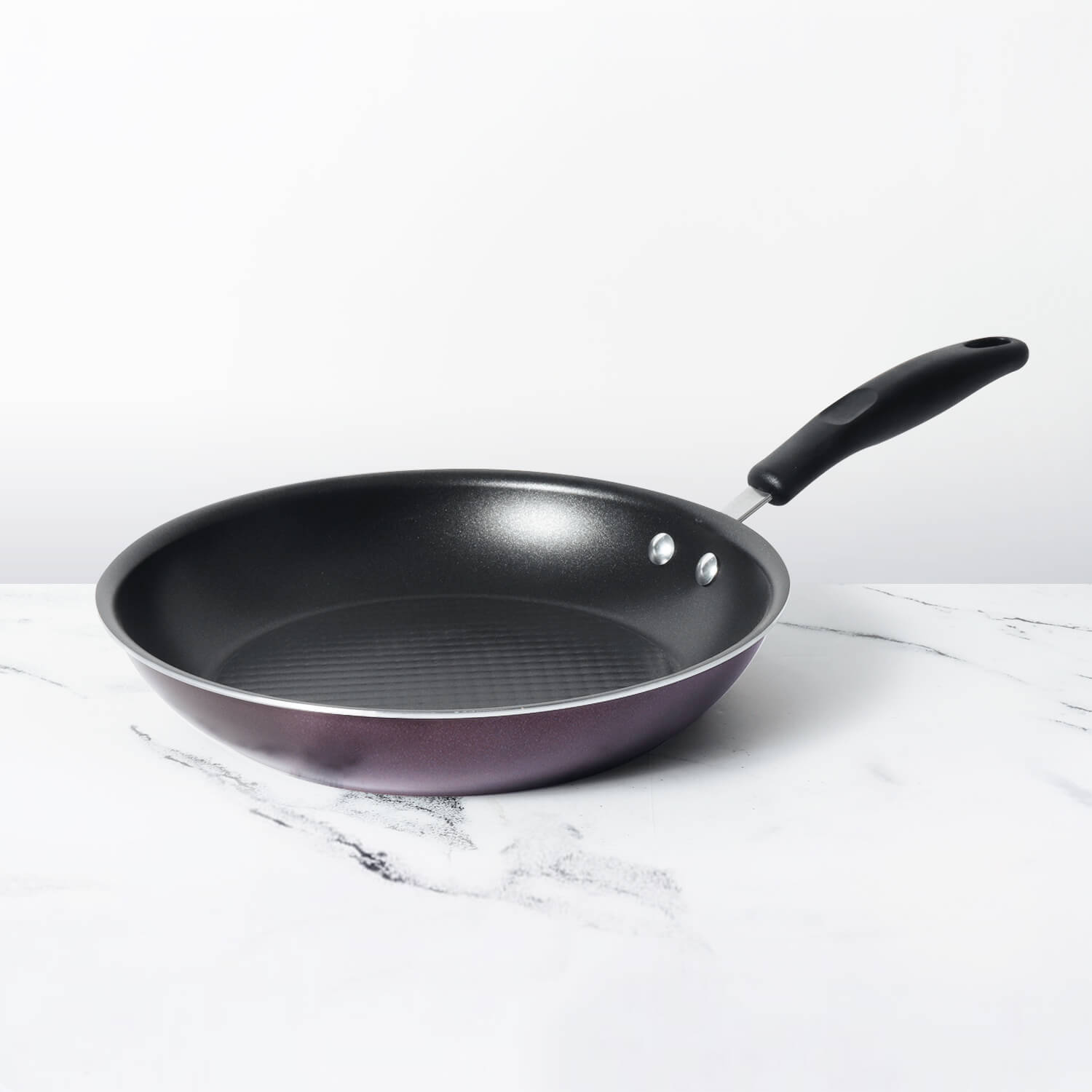




Leave a comment